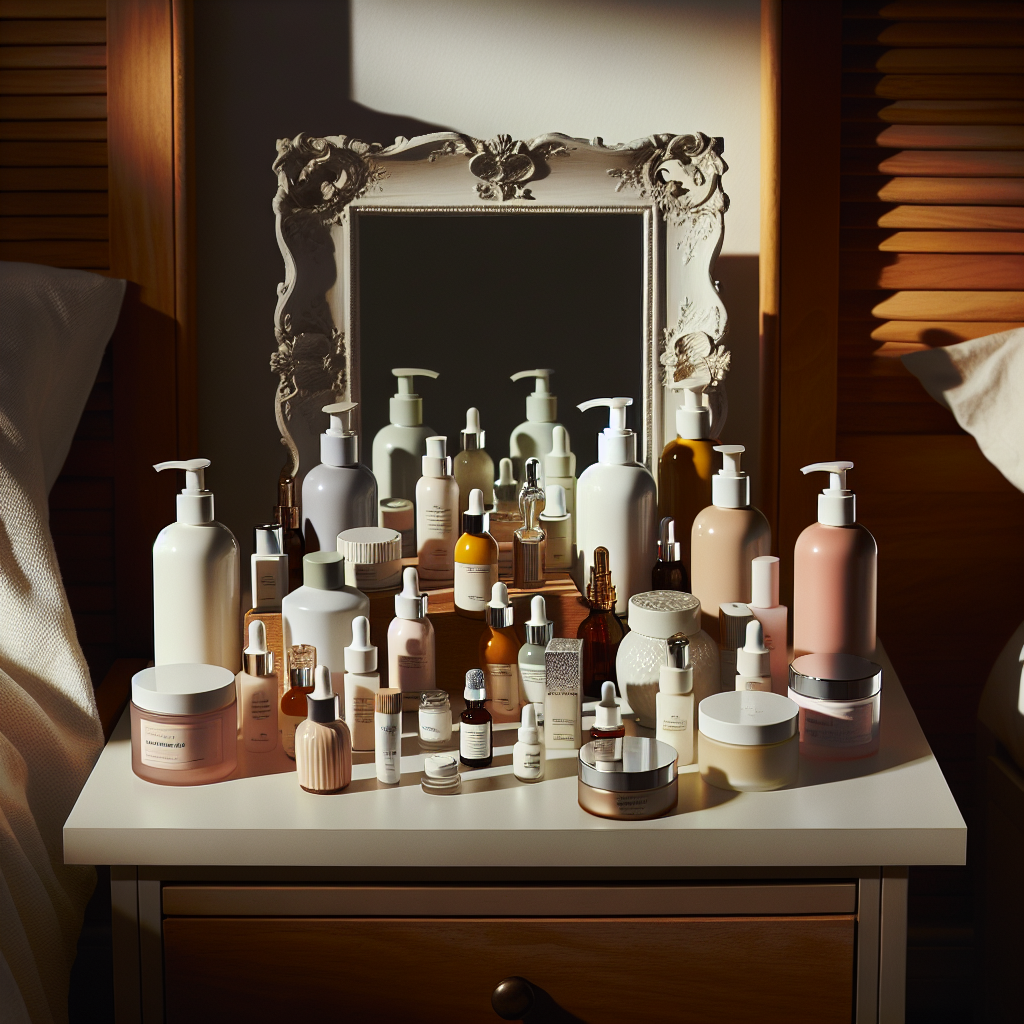Sleep is not just a period of rest for the mind and body; it is a crucial time for skin repair and regeneration. As the largest organ of the body, our skin works tirelessly to protect us from environmental stressors during the day and uses the night to heal and rejuvenate. This article will explore the mechanisms behind skin repair during sleep, the consequences of inadequate rest, and how to optimize your nighttime skin care routine to support these natural processes.
Understanding the Skin’s Nighttime Activities
During sleep, our skin’s blood flow increases, which allows for more oxygen and nutrients to be delivered to the skin, aiding in repairing the day’s damage from exposure to UV radiation, pollution, and other harmful agents. Growth hormone released in sleep also plays a significant role in this process, as it stimulates skin cell regeneration and collagen production, essential for maintaining skin’s elasticity and firmness.
The skin’s hydration rebalances as well while you sleep. Trans-epidermal water loss (TEWL) is higher at night, which can lead to drier skin. However, this loss is a part of the skin’s natural mechanism to repair its barrier and maintain moisture levels.
For more insight on how hydration affects the skin, you can read about The Importance of Skin Hydration for Acne Prevention.
The Impact of Sleep Deprivation on Skin Health
Lack of sleep can significantly impair the skin’s ability to repair itself. Chronic sleep deprivation has been linked to increased signs of aging, diminished skin barrier function, and reduced satisfaction with one’s skin appearance. Sleep deprivation also increases levels of cortisol, the stress hormone, which can exacerbate skin conditions such as acne, eczema, and psoriasis.
To understand more about stress and its effects on the skin, consider reading How Stress Affects Skin Barrier Function and What to Do About It.
Maximizing Nighttime Skin Repair
To support the skin’s natural night-time repair processes, consider these tips:
Develop a Consistent Sleep Schedule
Aim for 7-9 hours of quality sleep per night and try to go to bed and wake up at the same times each day. This consistency aids your body’s internal clock and optimizes the quality of sleep, which is beneficial for skin repair.
Optimize Your Sleep Environment
Ensure your sleeping environment promotes restfulness. This means a cool, dark, and quiet room. Consider using blackout curtains, eye masks, and white noise machines if needed.
Enhance Your Nighttime Skin Care Routine
A nighttime skin care routine should include gentle cleansing, a moisturizer suited to your skin type, and targeted treatments such as serums or retinoids that promote cell turnover and collagen production. Keep in mind that certain ingredients are more effective when applied at night, as they can be degraded by sunlight or are more effectively absorbed during the skin’s nocturnal healing phase.
For more detailed guidance on nightly routines, the article Nighttime Skin Care Routines for Optimal Skin Health provides comprehensive information.
Pay Attention to Sleep Position
The position in which you sleep can affect your skin. Sleeping on your back is ideal to prevent the formation of wrinkles and to allow your skin to breathe without the pressure of a pillow.
Stay Hydrated
While your skin is losing more water at night, it’s essential to stay well-hydrated throughout the day. This doesn’t just mean drinking enough water but also using products with hyaluronic acid before bed to lock in moisture.
External Resources for Further Information
For those looking to delve deeper into the science behind sleep and its impact on skin health, the following resources provide valuable information:
- A study on sleep disorders and dermatology reveals the correlation between skin conditions and sleep quality.
- Research on the effects of sleep deprivation on skin aging and skin barrier function offers insight into the importance of sleep in maintaining a youthful appearance.
- An exploration of the dermatological effects of growth hormone during sleep highlights the hormone’s role in skin repair and regeneration.
By understanding the role of sleep in skin health and taking steps to enhance sleep quality while optimizing nighttime skin care routines, individuals can significantly impact their skin’s ability to repair, regenerate, and maintain its vitality. Sleep is not merely a luxury but an integral part of a holistic approach to skin health and overall wellness.



